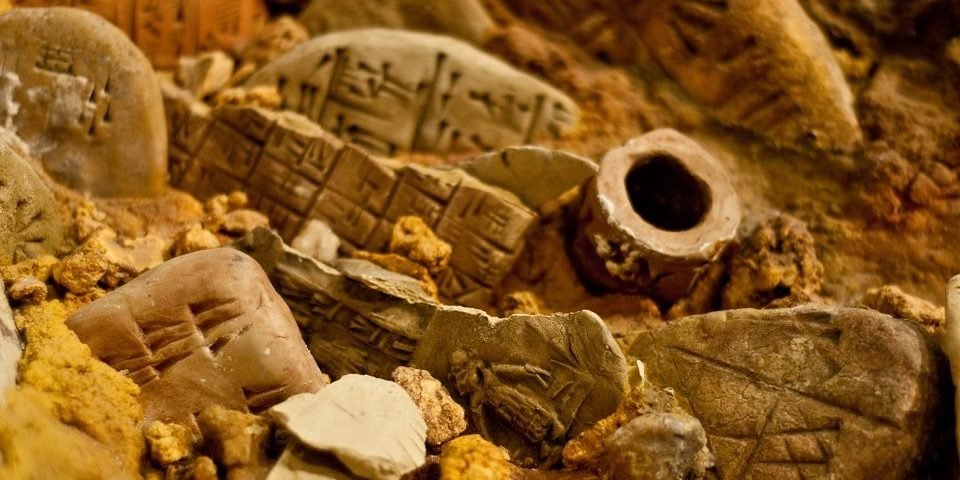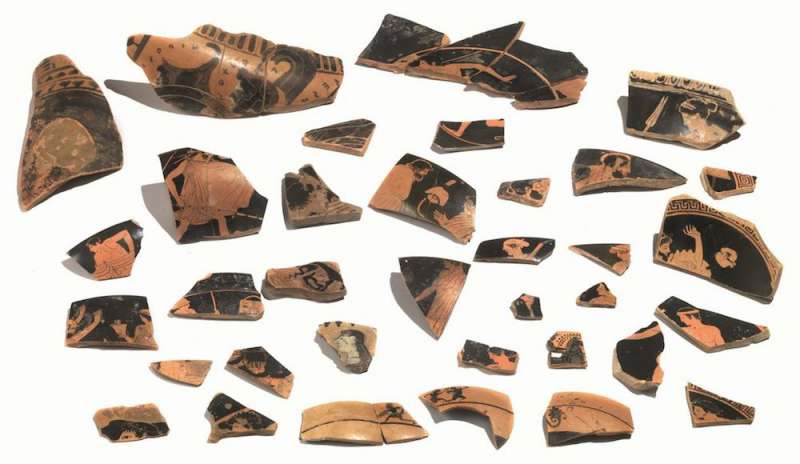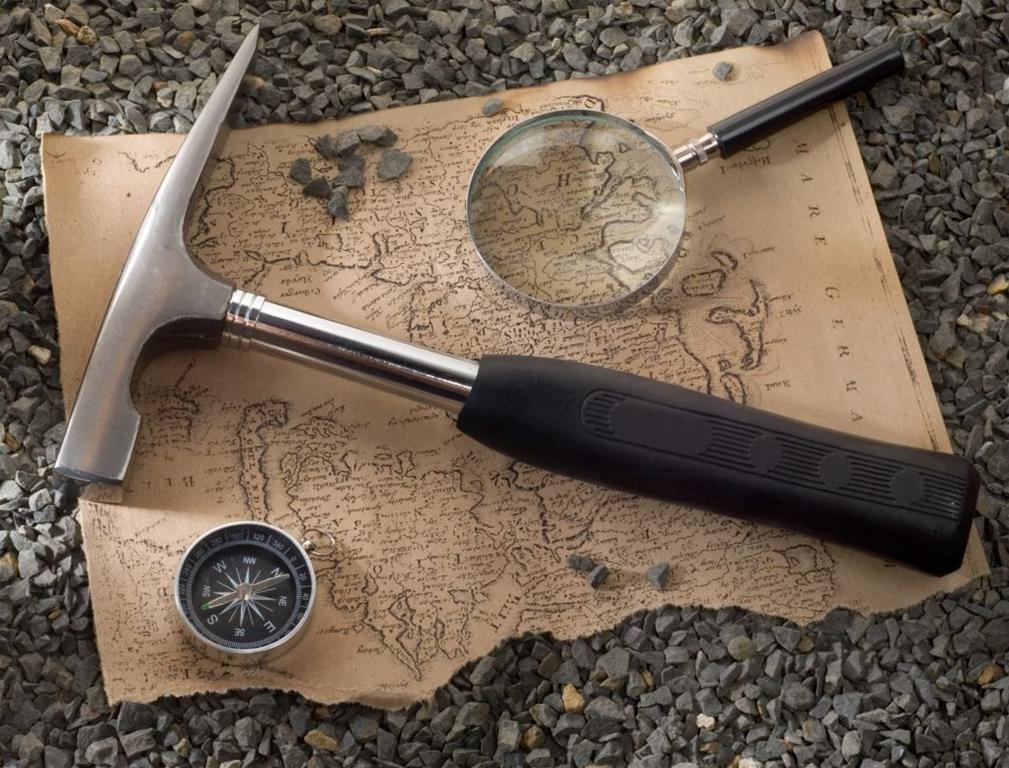The technology and the innovation are incredible because join completelly different worlds, which seems light years far away from each other, but that improbably harmoniously melt together. Every aspect of our life is ruled by the technology, it seems incredible to find it at home, in holiday, at work, in the nature, in the history. For example, a combination, which incredibly harmoniously marry, is the one between the artificial intelligence and the archeology.
The archeology
The archeology is the science that studies the past civilizations, through the collection on the field of material and the recreation of it. We are talking about architectures and artefacts, but even of the same human remains. During the years the archeology was essential to recreate the past of the human civilization, especially of that ages of which didn’t arrive to us any written witness.

However the work of the archeologist isn’t easy. Often they spend a whole life for only one amazing discovery. And after the discovery this isn’t all neither, but this is just the beginning of a long and hard journey. The most complicated work arrives later, rebuilding the relics found, placing them in the space and the time, in the right civilization, in the perfect historical period, putting together the small pieces, until making the general framework of the discovery.
The help of the artificial intelligence
The artificial intelligence, which is still in a development phase but that it’s already really busy, is an amazing as much as scary invention. Between the many duties there is even the one of the archeology. Especially during the last months, infact, the AI dressed like an archeologist and, by the side of the human colleagues, it made astonishing discoveries.
To the British Museum in London, for example, the algorythm created by the researchers of the University of Haifa, works out on the relics stored in one of the biggest museums of the world.
Meanwhile ArchAide, the italian archeologist artificial intelligence, recentelly finished the tests and it’s going to start to work.
The Haifa’s algorythm
Often the archeologists are in front of relics highly damaged, which arrive to count thousands of pieces, spreaded in a more or less large land and, maybe, mixed with pieces of other relics. To solve the intrigued puzzle a human brain, or a team of human brains, spend months, or years. Especially since the puzzle is getting much more complicated by the time’s strain.
Fortunatelly the artificial intelligence works at unsustainable rhythms for a human body, by promising to drastically reduce the times and to get the archeologists’ job easier.

The algorythm realized by the researchers of the University of Haifa, in Israel, will make those puzzles. Currently it’s ongoing its “training”, to definitelly give it the degree in archeology.
The algorythm is now in the British Museum of London, where it’s testing its real abilities. It has been tested, by taking different relics stored inside the museum, digitally broken in thousand pieces and given to the algorythm to elaborate them.
Probably, soon, it will be the moment to challenge it with a real puzzle to solve, to which the human beings weren’t able to solve, by definitelly entering in the field of the archeology. “The archeological finds are often broken, the pieces are eroded. For an algorythm it’s a real challenge rebuild the object”, explain Niv Derech, one of the author of the AI.
The archeology of ArchAide
The Map Laboratory of the Department of Civilitazions and Knowledge’s Shapes of the University of Pisa, instead, realized an app archeologist, ArchAide. The realization of the project took three years and involved 35 researchers, informatics, designers, video makers, which came from nine different universities, in Italy, Germany, Great Britain, Spain and Israel.
The application works like a facial recognition. It will be enough to shot a picture of a ceramic, in every place in the world, to recognise it and to share informations in real time with other researchers or just passionated.
“Much more datas we put in the system, much more the recognition becomes accurate, for this reason the purpose now is to spread the app’s usage”, explain the coordinators of the project.
There is still much more to discover on this planet about our civilitazion, a further help always worth.
This post is also available in:

